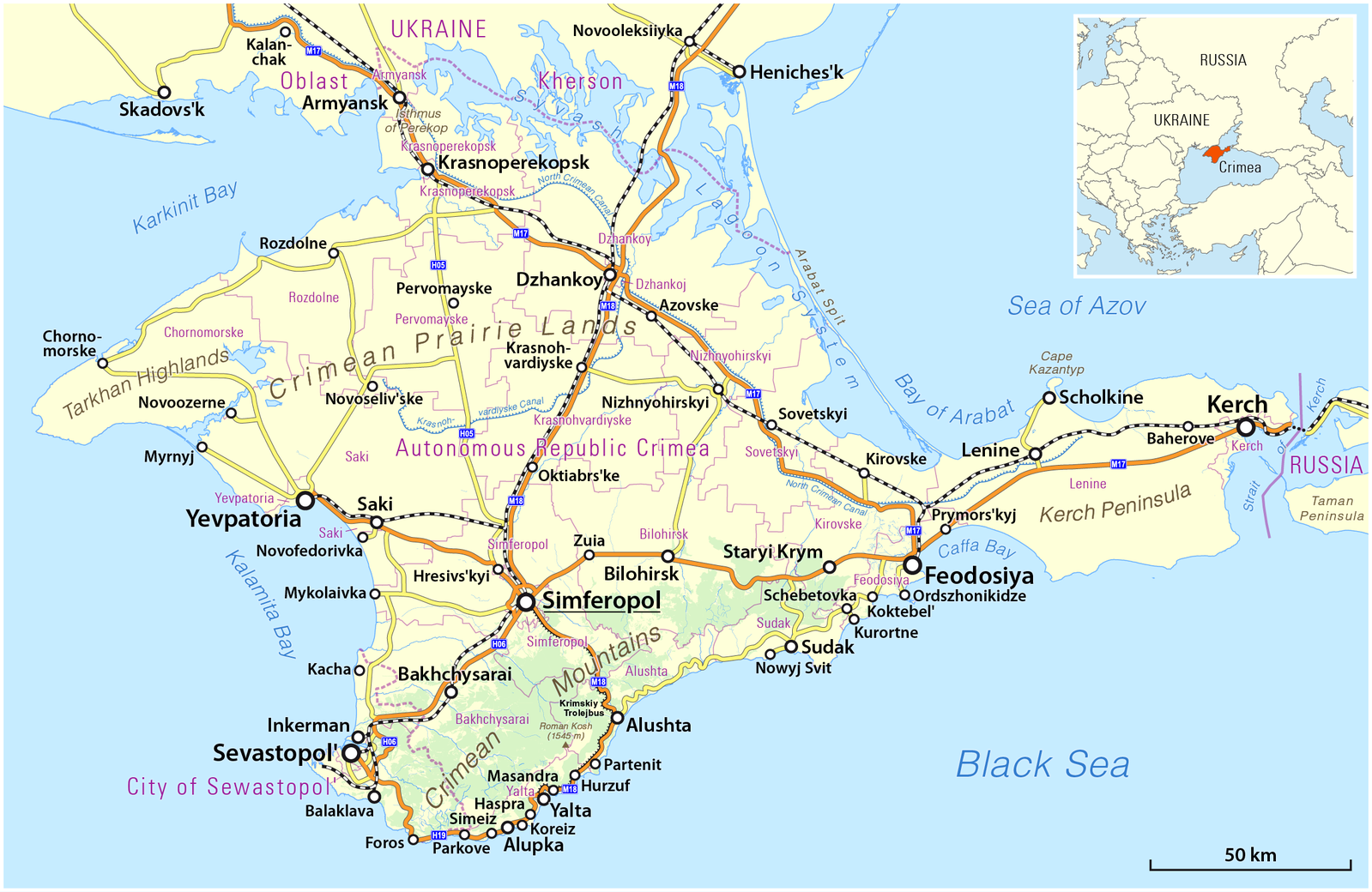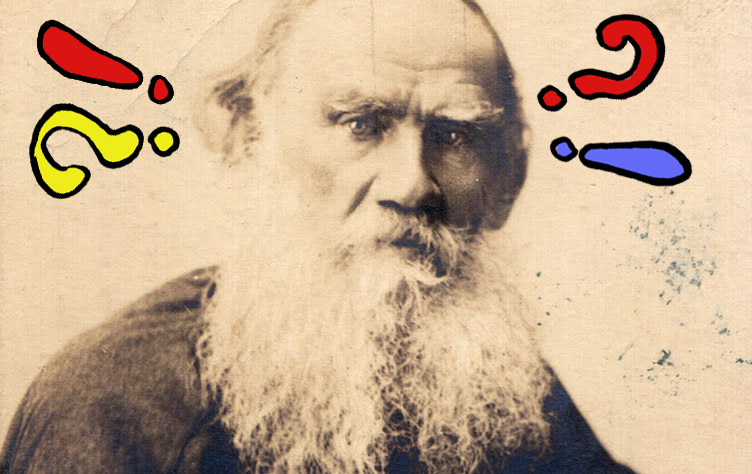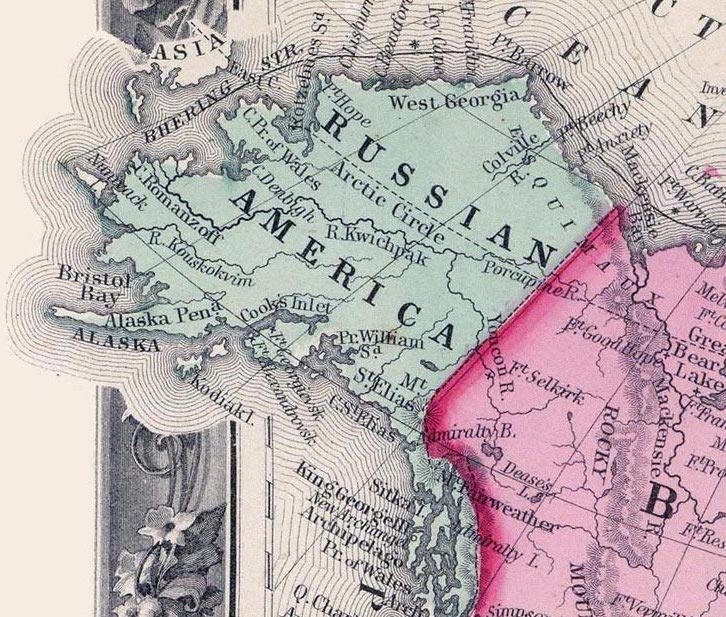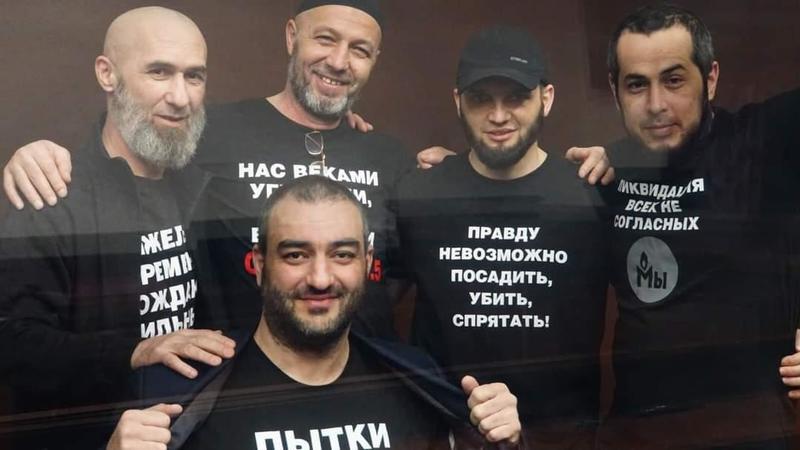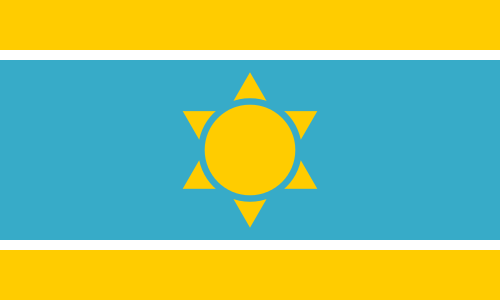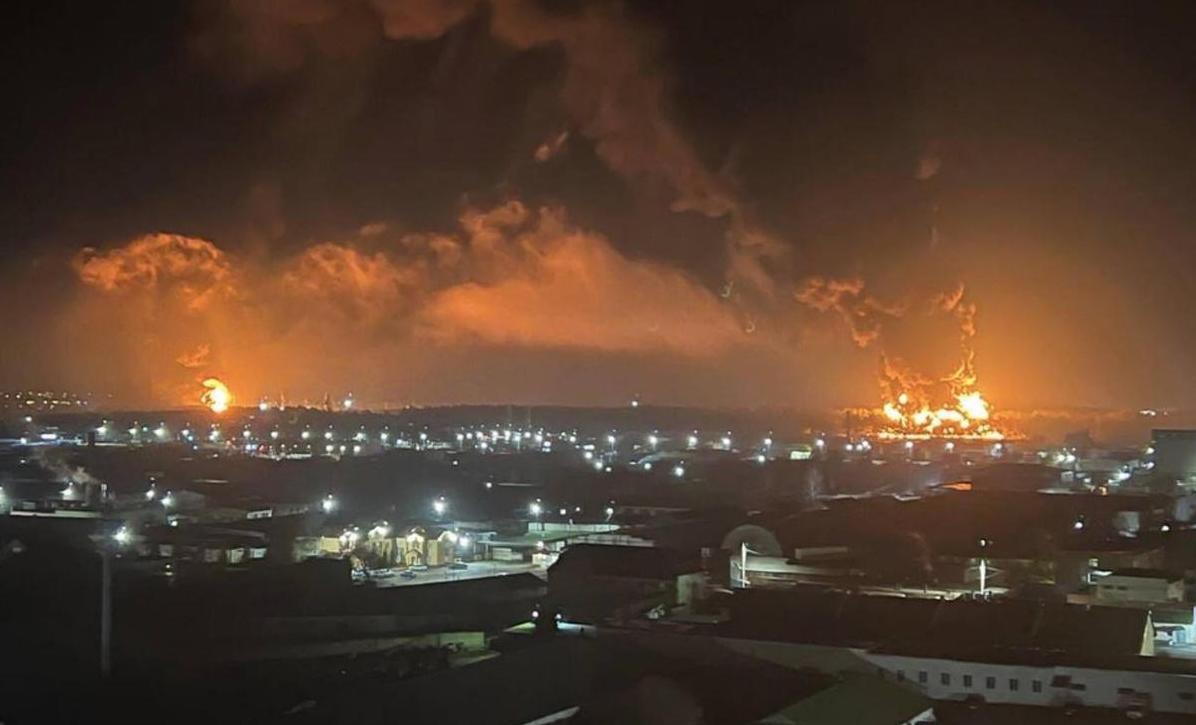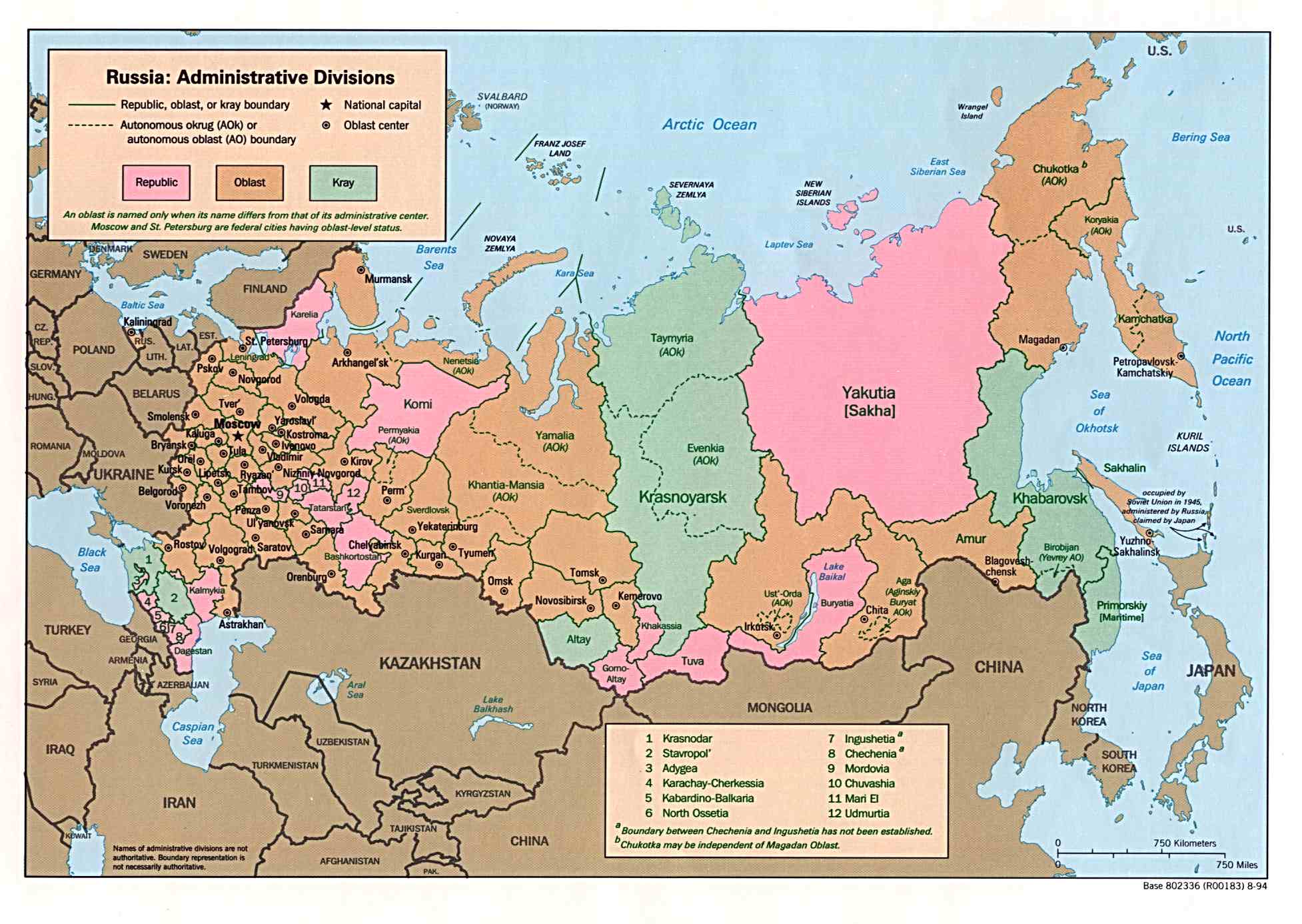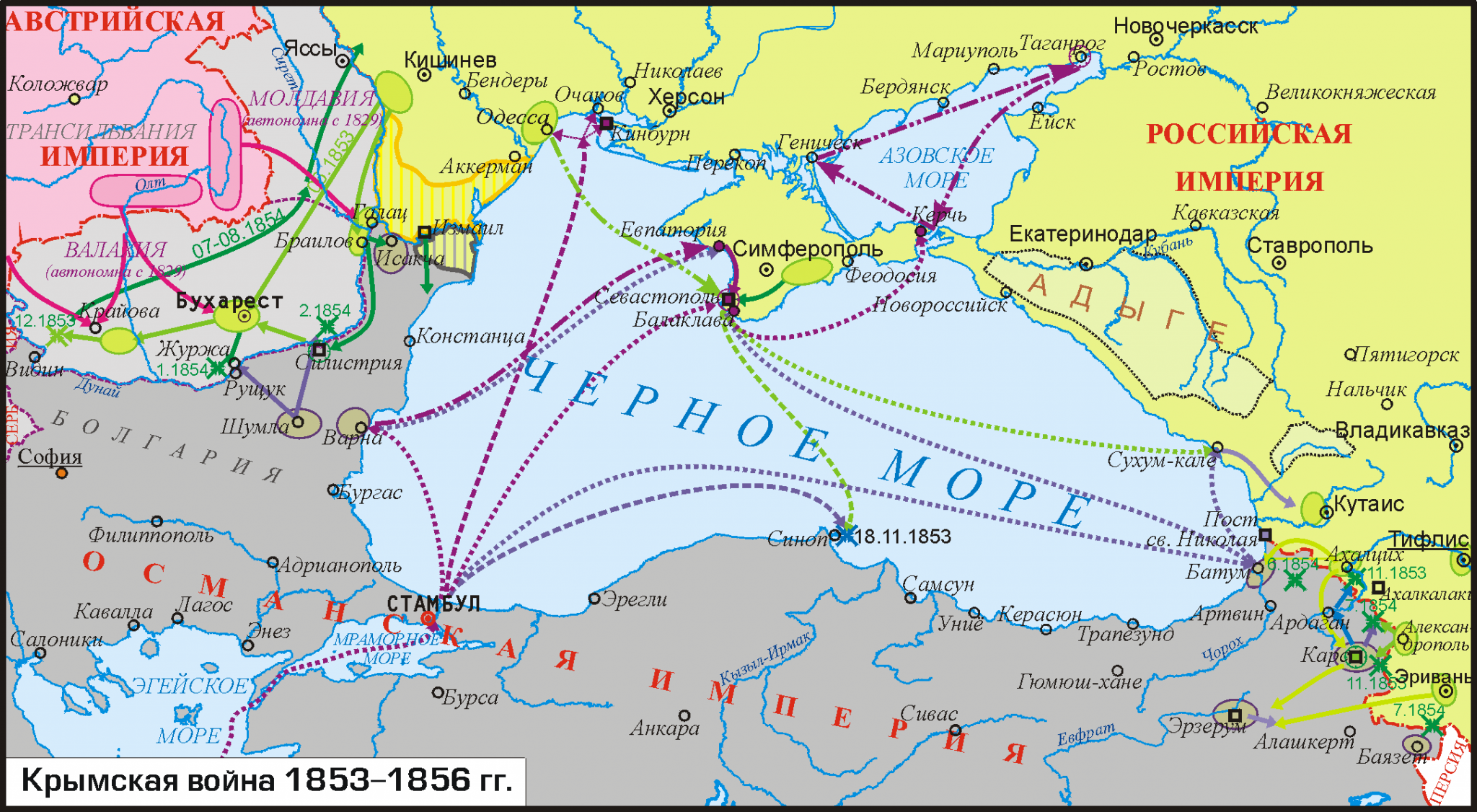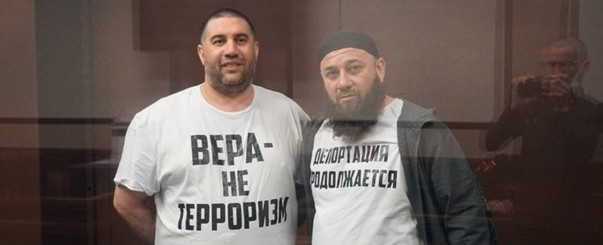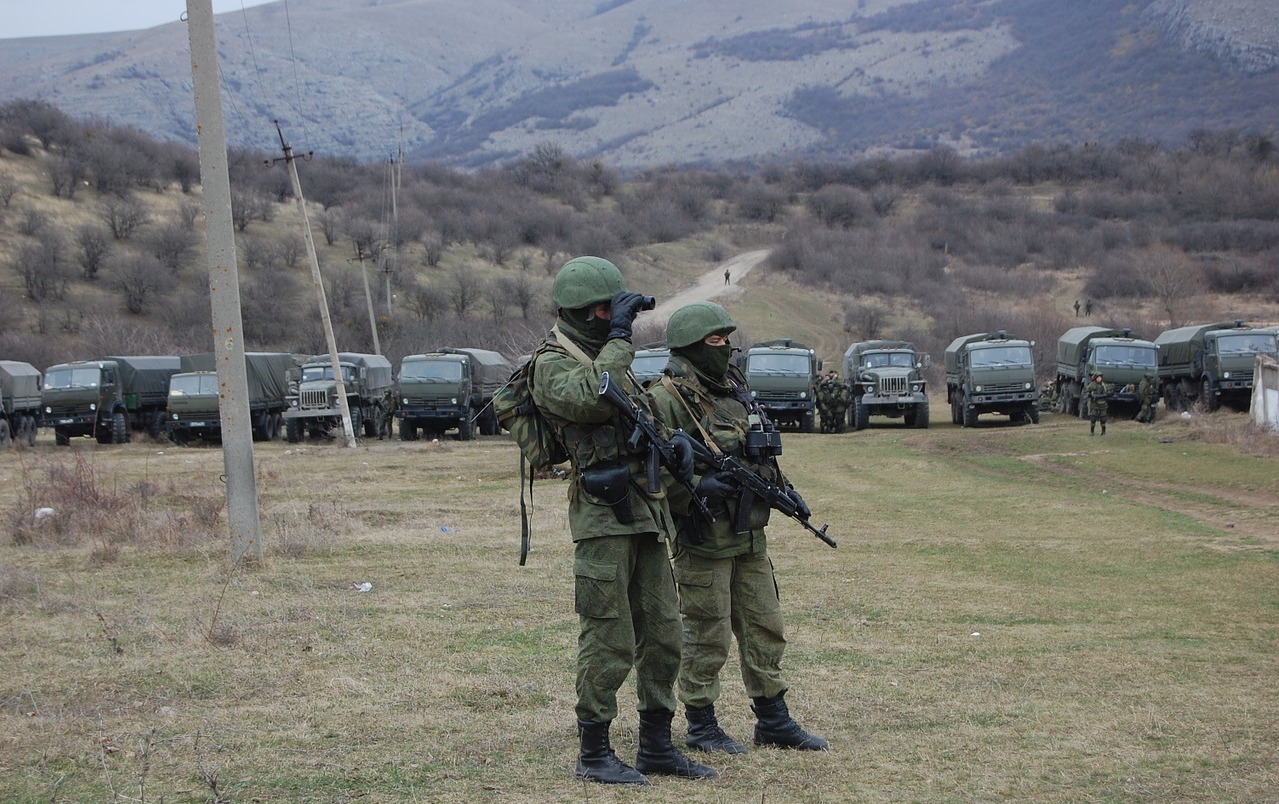
UN documents Russian rights abuses in Ukraine
The United Nations Human Rights Monitoring Mission (UNHRMM) accused Russia of hundreds of arbitrary detentions and forced disappearances in Ukrainian territory, and violating the basic human rights of Ukrainian war captives. The UNHRMM documented numerous cases of torture and ill-treatment of prisoners of war, finding that at many detention sites they lack adequate food, water, healthcare and sanitation. The UNHRMM also documented 416 cases of forced disappearance of Ukrainian civilians. (Photo: chief39/Pixabay)



